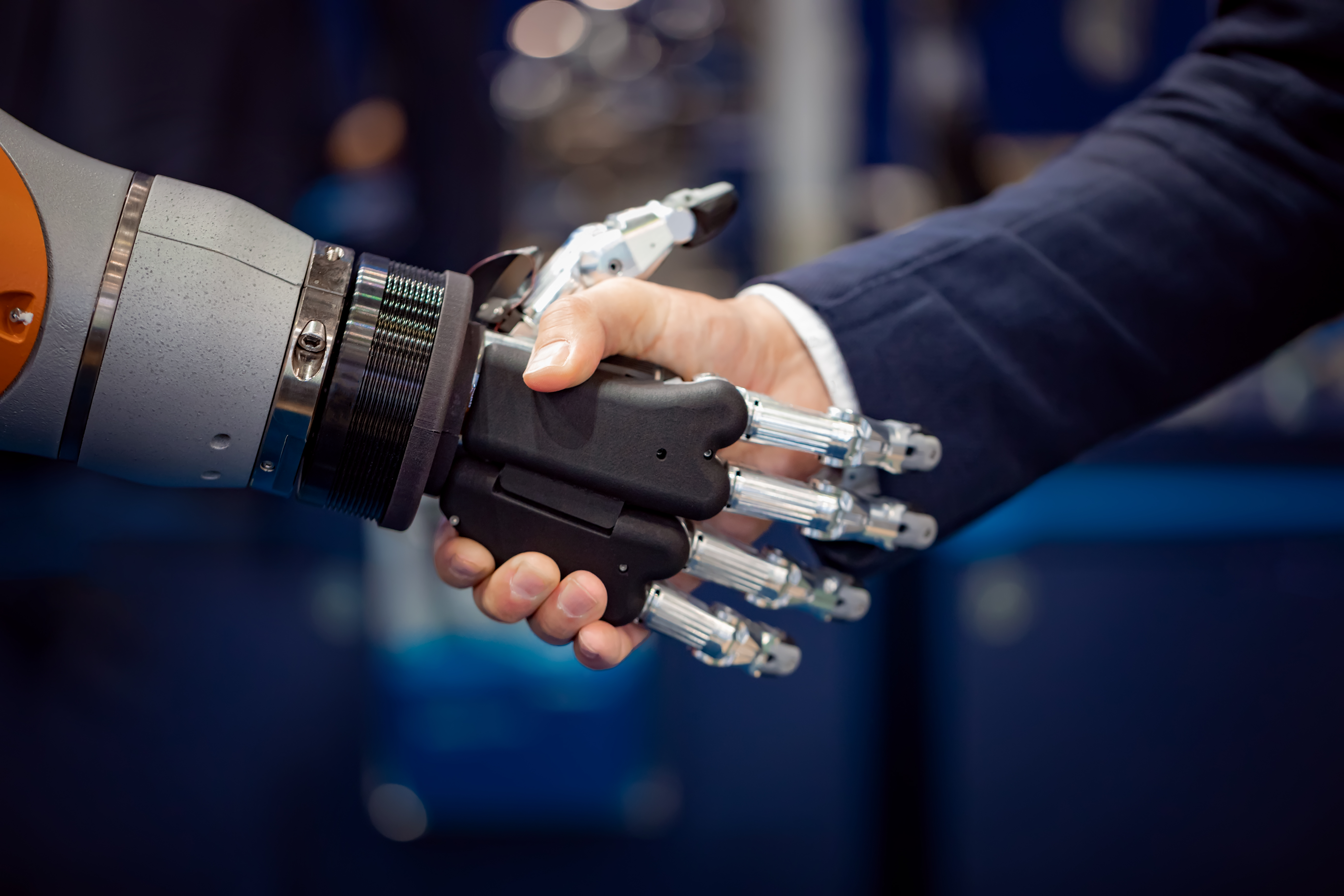
Automation has given rise to Robo-Advising, a new technology that uses algorithms to aid in investment decisions, including those related to impact investing. What is an algorithm, and what does it offer to the Financial Advice Industry? An algorithm is a process or set of rules to be followed in calculations or other problem-solving operations, usually done by a computer. In Financial Services, a Robo-Advising algorithm is mainly used for non-complicated portfolio management. Clients can choose from a wide range of companies and services with a lower minimum initial investment than most traditional Financial Advisors. The account fee is low-cost to zero, which attracts a large group of clients who typically find an advisor’s fee as a cost-prohibitive barrier. As this technology becomes increasingly popular, there have been talks about the replacement of the human Financial Advisor.
However, we at Vanderbilt are of the camp that human advisors won’t disappear anytime soon, especially as one of the largest transfers of wealth in human history transpires. With Robo-Advisors, you get exactly that: a robot. Some may argue this is fine for standard, straight-forward investment portfolio management, but we argue there are some things robots can’t manage when it comes to financial advice.
Here are our top 3 reasons why robots won’t replace humans in the Financial Services industry:
1. A human advisor offers nuanced and complex advice that is often custom-tailored for clients. In a study with Derek Horstmeyer, Assistant Professor of George Mason University, Vanderbilt Advisors at wealth management firm Centered Wealth found that investor behavior and actions lessen returns over time in all types of funds. This behavior and subsequent actions may include trying to time the market, overreacting to market fears or jumping in during market excitement. “Robo-investing is a great place for people to start their financial journey. However, it is only by working with an advisor over a long period of time, someone who knows what you care about deeply on both a personal level and on a global scale, that you become a resilient investor,” says VFG and Centered Wealth Financial Advisor Jina Penn-Tracy.
2. Human advisors are more equipped to deal with life’s challenges, crises, or even pivotal purchases and can offer flexible and in-depth advice from an empathetic standpoint. The relationship-building aspect between a Financial Advisor and their client is crucial in big financial decisions because an advisor can offer a flexible and rational set of advice for the clients when their changing circumstances cloud their judgment. “Inside of that relationship, you become more able to tolerate the ups and downs in the market. And long-term the very best predictor of investing success is that you stay invested, ” Penn-Tracy adds.
3. When it comes to emotions, a human advisor can assure clients when market downturns hit or when clients feel discouraged about their financial goals. According to Penn-Tracy’s research, behavioral finance shows that people do not act rationally when it comes to their money. Instead, they tend to react: to market plunges, to rising markets, to what their friends say, or the news says. This can lead to poor decision-making.
“On a more personal level, an advisor’s role is to help you make better financial life choices; how much to spend on that vacation, what to save for kids’ college, how big of a house to buy, how to best care for an aging relative.” Penn-Tracy adds, “Financial choices are complex and filled with conflicting priorities. Making those decisions with someone on your side helps you live the life you really want to over the course of decades. No robo-platform can do that.”
Robo-advising can provide a good starting point for beginners who have no idea to some basic idea of investing. Even though a robot may perform better on speed and cost, many humans agree that a machine cannot be there for you when a crisis hits. Experienced human experts are empathetic and can offer advice from an experience share perspective. As finances become more complex over the course of a life, clients often have more questions and worries. That is when the role of a human advisor with decades of experiences is as irreplaceable as ever.
 Moira Mai Do is the Digital Marketing Specialist at Vanderbilt Financial Group. She is interested in innovations in AI, Machine Learning, and Impact Entrepreneurship, especially in business/venture that propels climate actions. She holds a BA in Strategic Communications from Temple University.
Moira Mai Do is the Digital Marketing Specialist at Vanderbilt Financial Group. She is interested in innovations in AI, Machine Learning, and Impact Entrepreneurship, especially in business/venture that propels climate actions. She holds a BA in Strategic Communications from Temple University.
